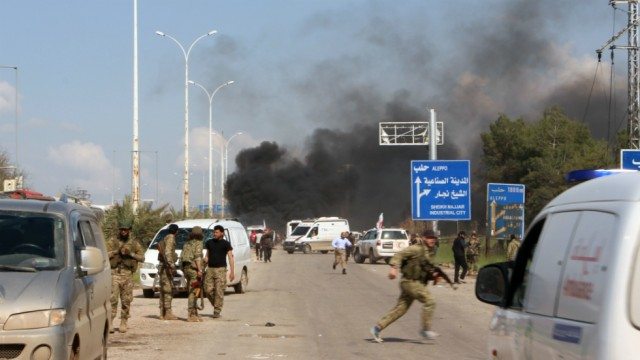Lebanon is a country of 4.5 million people hosting 1.5 million Syrian refugees—the equivalent, percentage-wise, of all of Canada and half of Mexico flowing into the U.S. in about four years. In meetings I had last week in Beirut, the country’s Minister of Refugees told me that Lebanon is the “sandbag” against a rising flood that keeps this problem from overflowing to Europe and the West. And after speaking with President Michel Aoun, Prime Minister Saad Hariri, and other top government officials, I fear that Lebanon may not be able to cope much longer.
Subscribe
0 Comments
Newest

